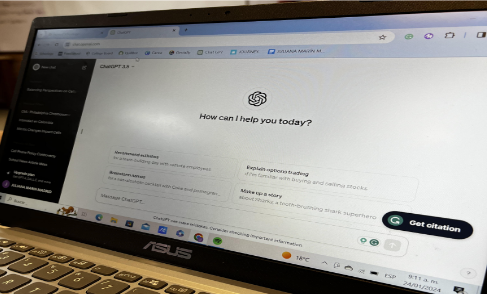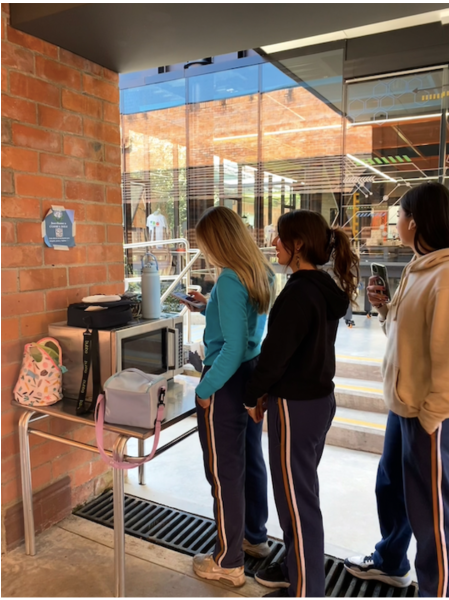The truth behind AP classes
According to the College Board’s worldwide record on students taking AP classes for the 2016 – 2017 school year, Columbus School students who decided to sign up for at least one AP course were only 30% of those who were given the option. Last school year’s data shows that for every 10 TCS students who can choose to take an AP, 7 reject the opportunity to do so. This lack of enthusiasm towards AP classes is mainly due to students being too afraid to embrace the “challenge” implied upon an AP curriculum. However, the popular belief which portrays AP classes as being “too much of a challenge” or “too difficult” for students, is a huge misconception. AP courses are not something to be afraid of. On the contrary, students should feel encouraged to take more and more AP classes. Every year, a significant amount of students miss the opportunity to receive the multiple benefits an AP class provides, and all because of a mistaken belief.
Even though many students don’t really mind taking one AP, the majority of them most certainly do fear taking two or more. “I am currently taking a single AP. I avoid taking more because its a huge challenge and it would probably bring my GPA down,” said Emiliano Montoya, Junior student at TCS. Students are often scared by the possibility of AP classes being what ruins their overall GPA, and that’s why the prefer to “play it safe” and take the least amount of APs. However, taking AP classes can actually increase a student’s GPA by a considerable amount, contrary to what most people think. This is for a number of reasons, the main one being the fact that our school rewards AP students with a 10% extra added to their final grade for each quarter (as long as their final grade was above a 75% by the time the quarter ends). If you think about it, that 10% alone can easily make an AP class be what brings up your overall average GPA. In fact, multiple students do experience higher grades on their AP classes. “ AP classes are easy, I am currently taking three and they have boosted my GPA. Thanks to that 10% extra, I have a much higher grade on all three of them than on my other classes,” said Andrew Kim, Junior student at TCS. Another important detail to keep in mind is that having an additional 10% on the final grade implies that a student can actually reach a GPA above 100% (which would be impossible on non AP classes), as long as the student’s original GPA is above a 90%. What most people would initially think is that even though this is in fact possible, it would still be rather very improbable. However, finishing a bimester with a grade higher than 100 on an AP is actually more likely than what one would expect. As Kim said, “AP Chemistry is known for being the hardest AP of them all, but I still managed to finish last bimester with a final grade just above 100.” It is important to highlight that even though Kim is what can be considered a “good student”, he’s not at the top of his class nor at a High Honor level. This clear example shows how eraning yourself a 100+ GPA is doable, even on the most difficult AP.
Even though a 10% is quite helpful, some people might argue that reaching 75% ( in order to get the 10+) would still be really hard thanks to the difficulty of each class. However, compared to regular classes, getting a 75% in an AP is not that difficult and should be just as easy. When asked about this claim, David Watson, AP Physics 1 and AP Physics C teacher , said “ I don’t think that the AP curriculum is any different than a normal academic curriculum in any school anywhere in the world .” If the curriculum is than same, then the only variable which could actually make the class harder is the amount of workload. However, as Watson also said, “In AP Physics, students are required to do a minimum amount of homework, and that is considered easy at a High School level.” In addition to this, the fact that (according to collage board) 95% of TCS students who take AP tests pass at least one of them, says a lot about how difficult APs really are for a student.
It is tragic to see multiple students every year losing the opportunity to upgrade their college applications with the ornament of an AP class taken, the vast amount of extra knowledge they could’ve learned, and the prestigious AP diploma they could’ve potentially received. What makes it even more tragic is knowing that all of these benefits are lost thanks to a mere misconception which exists for no other purpose than that of generating fear within students.

























